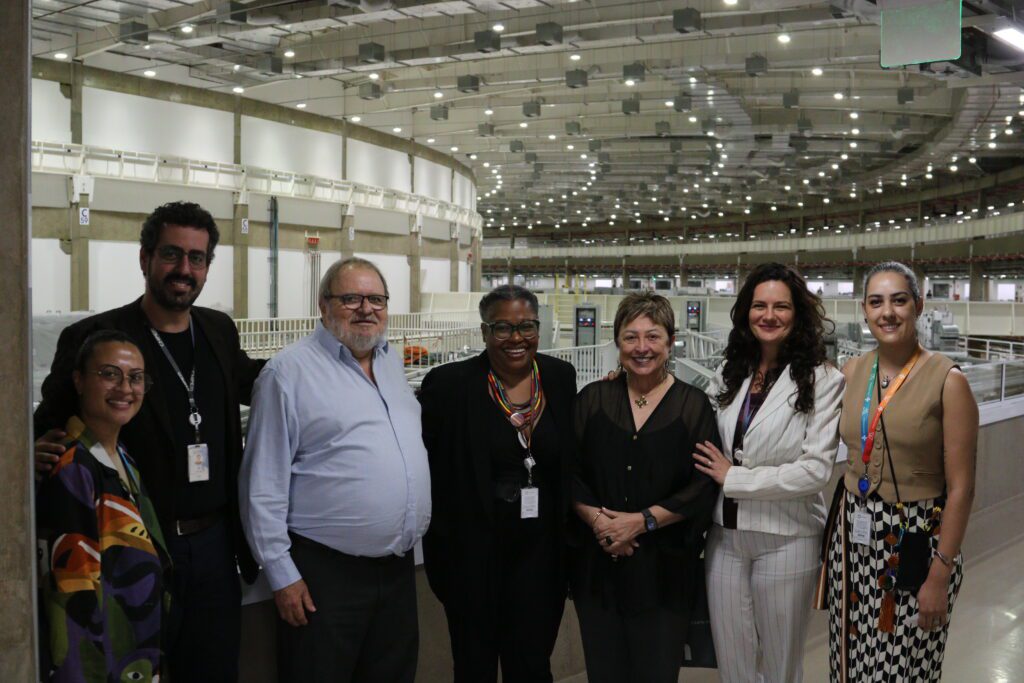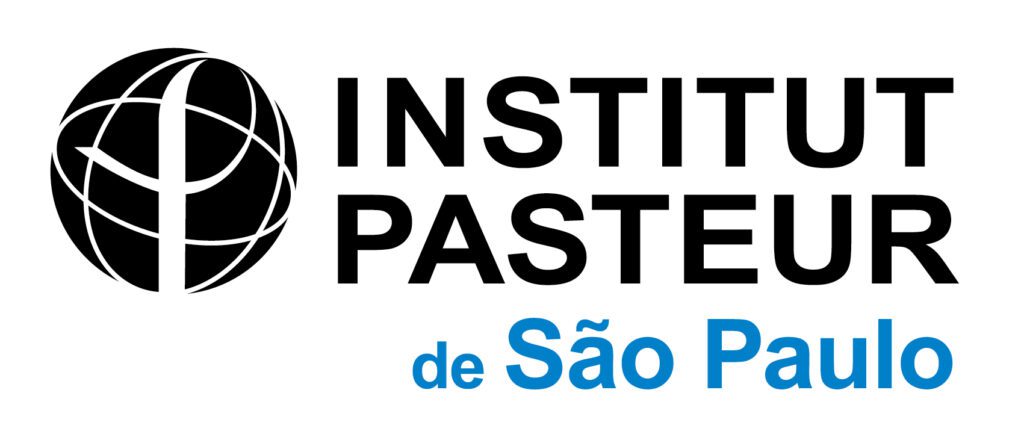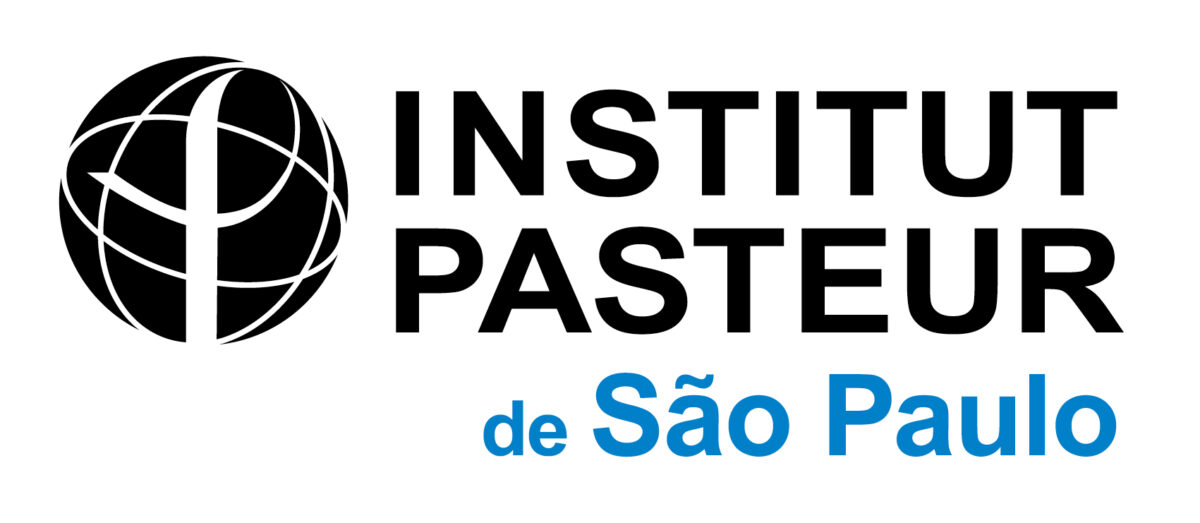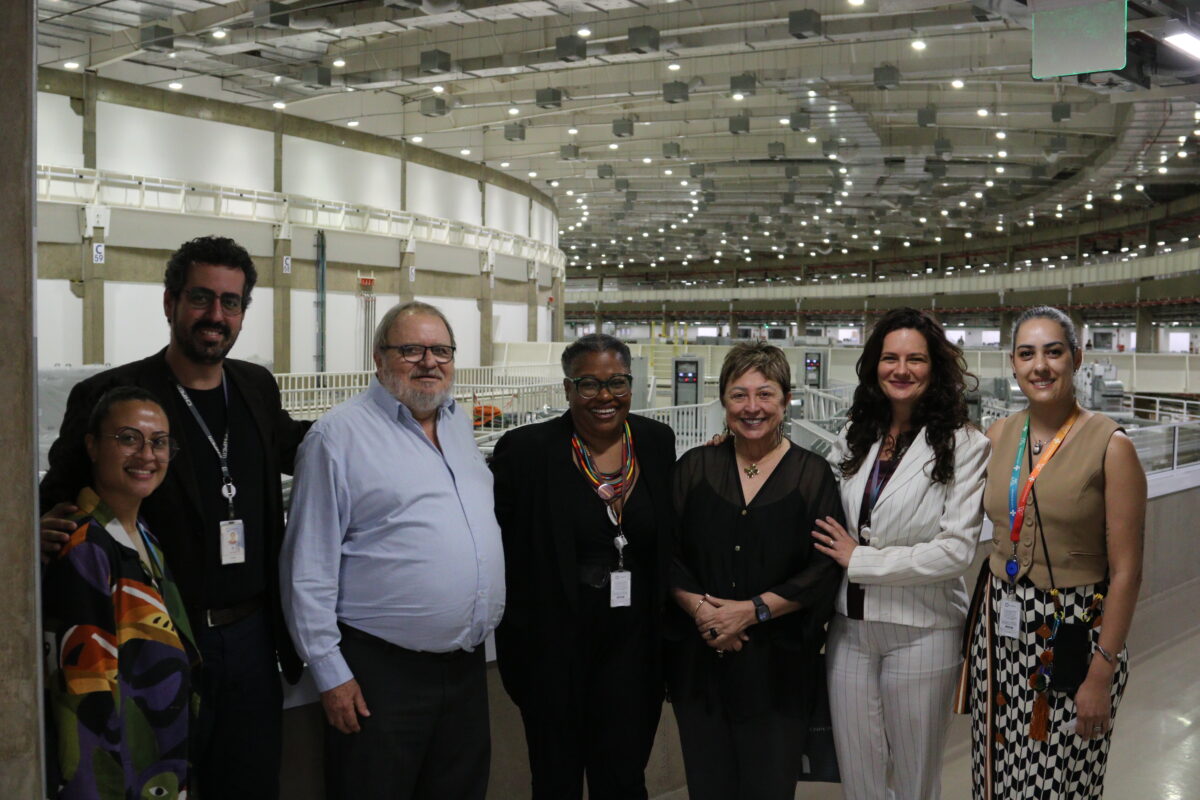IPSP identifies partnership possibilities for using Sirius’ facilities to study the structure
of potential candidates for new therapies and vaccines.
On December 12, representatives from the Institut Pasteur of São Paulo (IPSP) visited the National Center for Research on Energy and Materials (CNPEM) to see Sirius particle accelerator on site and learn more about the Orion project, a laboratory complex for advanced research into pathogens, which plans to build laboratories with various containment levels, including a maximum biosafety laboratory (BSL4), the first of its kind in Latin America, and the first in the world connected to a synchrotron light source, provided by Sirius.
The Institut Pasteur de São Paulo is a Franco-Brazilian biomedical sciences foundation focused on world-class research on communicable, non-communicable, emerging, re-emerging, neglected and progressive diseases that lead to impaired development or degeneration of the neurological system. The institute’s goal is to develop preventive, diagnostic, prognostic and therapeutic methods for the diseases we study.
Representatives of the institute attending the visit included Executive Director Paola Marcella Camargo Minoprio and Professor at the Institute of Biomedical Sciences of the University of São Paulo (ICB-USP) Edison Luiz Durigon, president of the Internal Biosafety Committee (Cibio) of IPSP and coordinator of the clinical and molecular virology team, which focuses on clinical and molecular diagnosis, human and animal viruses and wild and emerging respiratory viruses, such as the Zika virus and Influenza.

Caption: Delegation from the Institut Pasteur de São Paulo visited the facilities of the Brazilian Center for Research in Energy and Materials (Credits: Disclosure/CNPEM)
“The partnership between Pasteur and Sirius could pave the way for new discoveries in pathogen research”, says Paola Minoprio. According to her, observing infection mechanisms at a structural level will help advance studies developed by the Pasteur Institute de São Paulo. “I foresee a long-lasting collaboration, with benefits for national and global health”.
Edison Durigon lists the possibilities of using Sirius and, in the future, Orion facilities based on the scientific studies conducted at Pasteur. “Being able to see, for example, the direct interaction of a neuron with a virus in a biosafe environment would be extraordinary. This possibility opens up a universe of opportunities and, without a doubt, paves the way for many future collaborations, including the development of vaccines for diseases that are studied at Pasteur, under advanced biosafety conditions for the country,” he says.
The Orion project will comprise a laboratory complex for advanced research on pathogens, including the first maximum biosafety containment laboratories (BSL4) in Latin America, and the first in the world to be connected to a synchrotron light source (Sirius). Under construction in the city of Campinas (SP), on the CNPEM campus, the project will bring together analytical techniques and advanced bioimaging capabilities, which may be used by the scientific community and public agencies. By enabling the advancement of knowledge about pathogens and related diseases, Orion will support health surveillance and policy actions, as well as the development of diagnostic methods, vaccines, treatments and epidemiological strategies. Orion will help protect national sovereignty during health crises and has the potential to benefit several areas, such as health, science and technology, defense and the environment.
The Orion project is led by CNPEM and is part of the Federal Government’s New Growth Acceleration Program (PAC), which is financed by the National Fund for Scientific and Technological Development (FNDCT) of the Ministry of Science, Technology and Innovation (MCTI) and supported by the Ministry of Health (MS). The initiative is part of the New Industry Brazil (NIB), the Federal Government industrial policy, aimed to protect the country’s sovereignty and national security and develop competence in the scientific and technological fields of research and defense, as well as human, animal and environmental health. The design of Orion should also strengthen the Health Economic-Industrial Complex (CEIS), an initiative coordinated by the MS, aimed to meet priority demands of the Unified Health System (SUS).



